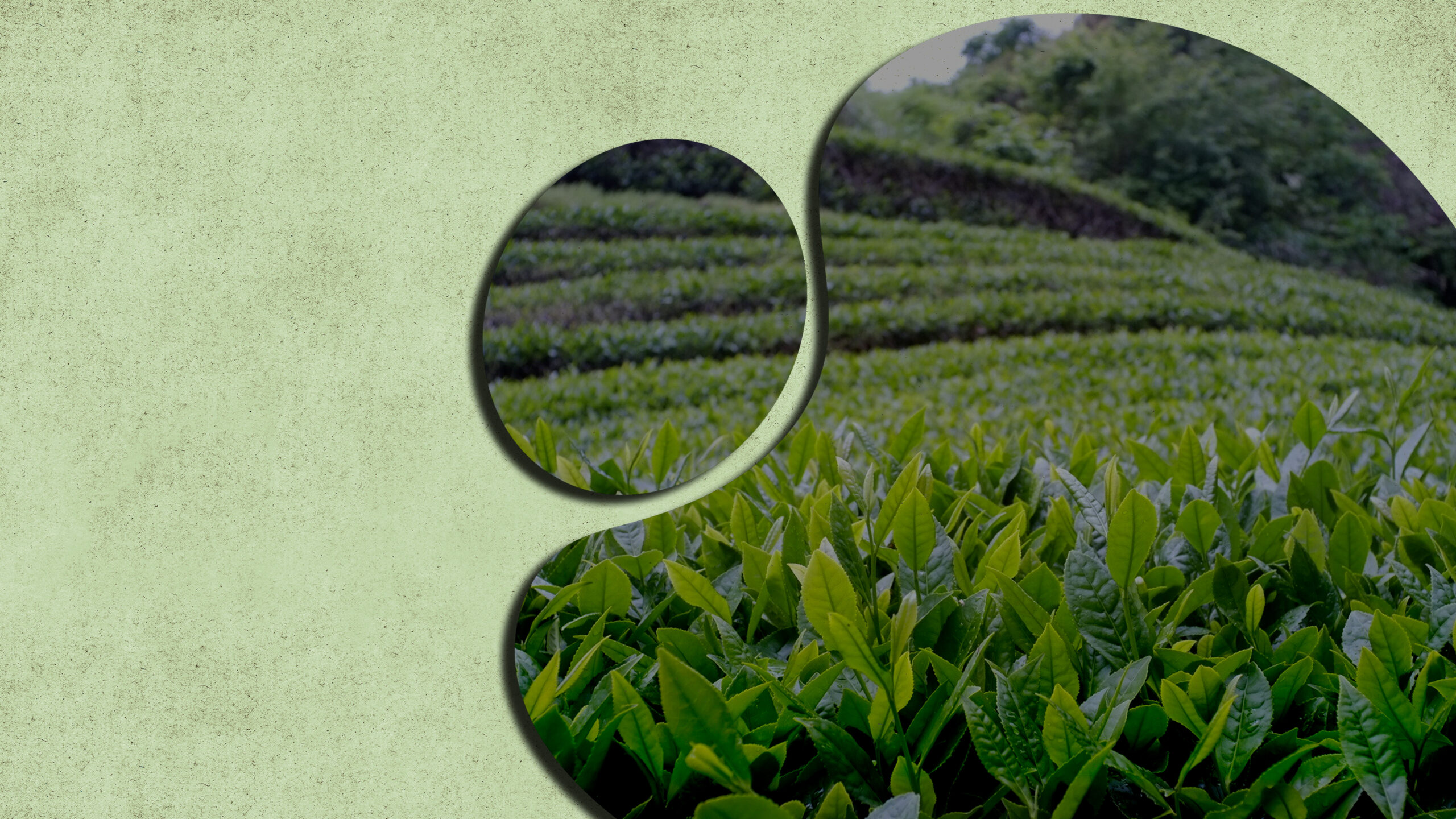Although Malawi’s manufacturing sector is small, it is diverse. The processing of tea, tobacco, sugar, coffee, cement, and cotton accounts for most of its output. Factories manufacture soap, detergents, cigarettes, furniture, cookies, bread, blankets, rugs, clothing, and mineral waters. Other installations include a gin distillery, a cotton mill, and two textile plants. Brick making is well established. Roofing tiles are also produced, and radios are assembled. Other products made in Malawi include agricultural implements, bicycle frames, polishes, edible oils and fats, cattle foodstuffs, flour, matches, fishing nets, rope, twine and yarns, toiletries, and footwear. Two plants in Malawi retread tires, and its industries make a wide range of metal products.
Domestic Trade
Domestic trade is concentrated in the larger towns, since transportation of goods to most rural areas is difficult and most rural residents have extremely low incomes. Agriculture is the basis of the economy, with about 90% of the population employed in subsistence farming. Local markets and stands for produce and baked goods prevail.




